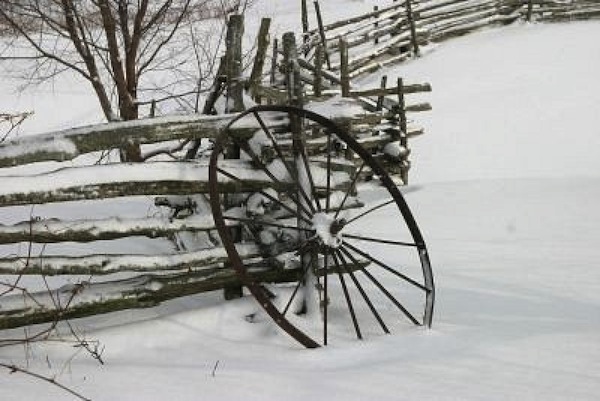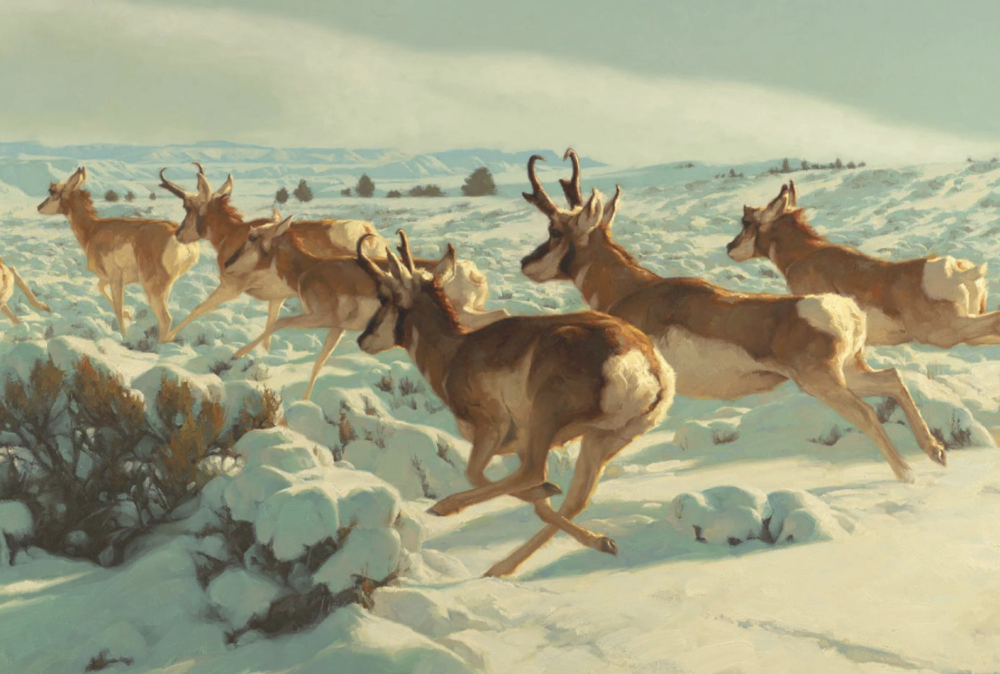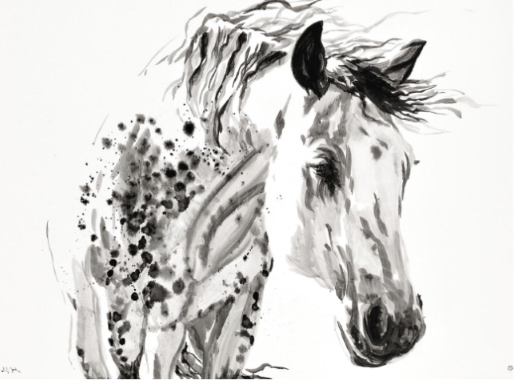The forecast is for one of the coldest winters in the past 20 years for Western Canada, major snowstorms for Ontario and Quebec, and a drier than normal winter for Atlantic Canada, according to U.S.-based AccuWeather.com.
That’s not to say that blasts of Arctic air won’t chill Canadians east of Manitoba, but those bitter blasts will be short.
“You can be pretty confident that Western Canada will be pretty cold,” said Brett Anderson, a senior meteorologist with AccuWeather.com.
Anderson said temperatures out West will be up to five degrees Celsius lower than normal, meaning temperatures will drop below zero in Vancouver and below about -20 C in Edmonton.
Vancouver will experience one of its coldest winters on record, Anderson said.
“The worst of the cold is going to be in Western Canada,” Anderson said.
Ontario, Quebec and the Atlantic provinces will see below average snowfall in December, but come January, things are going to change, Anderson said.
“Its going to be a slower start and then in January, February, it’s going to be fairly active,” Anderson said.
“That’s when we’re going see our significant snowfall events.”
The reason for more snow and more cold? La Nina, a phenomenon that occurs when water temperatures across the central and eastern Pacific are below normal.
La Nina produces extreme cold across Western Canada during the winter while adding to snowfalls in Ontario and Quebec.
Water temperatures this year are pointing to a moderate strength La Nina, Anderson said, which help with the predictions.
This winter will see less snowfall in the Prairies, Anderson said, except in southwestern Alberta.
Because the Great Lakes are running warmer than normal, the areas around the lakes will have a greater amount of lake-effect snowfall, Anderson said.
How does this affect the growing season for farmers? According to Drew Lerner, president of Kansas City-based World Weather Inc. The ground across most of Western Canada is much drier heading into the winter then it was a year ago, which will lessen the spring flood potential, said Lerner.
“Hopefully, it will be a better start to the season,” he added.
The 2012 growing season is still a long time away, but Lerner said one factor to watch was whether or not the La Nina conditions will persist going forward.
While he cautioned that there are many other unknown factors to affect the weather next year, “if La Nina sticks around for the entire growing season next year, dryness could be more of an issue in the U.S. and some of that could work its way into Manitoba and southeastern Saskatchewan.”

Sources: Global Calgary | Record cold temperatures, large snowfalls await Canadians this winter
Country Guide | Cold, snowy winter forecast seen for Prairies
Join the conversation… Looking forward to the record breaking winter, or researching winter homes in Arizona?















